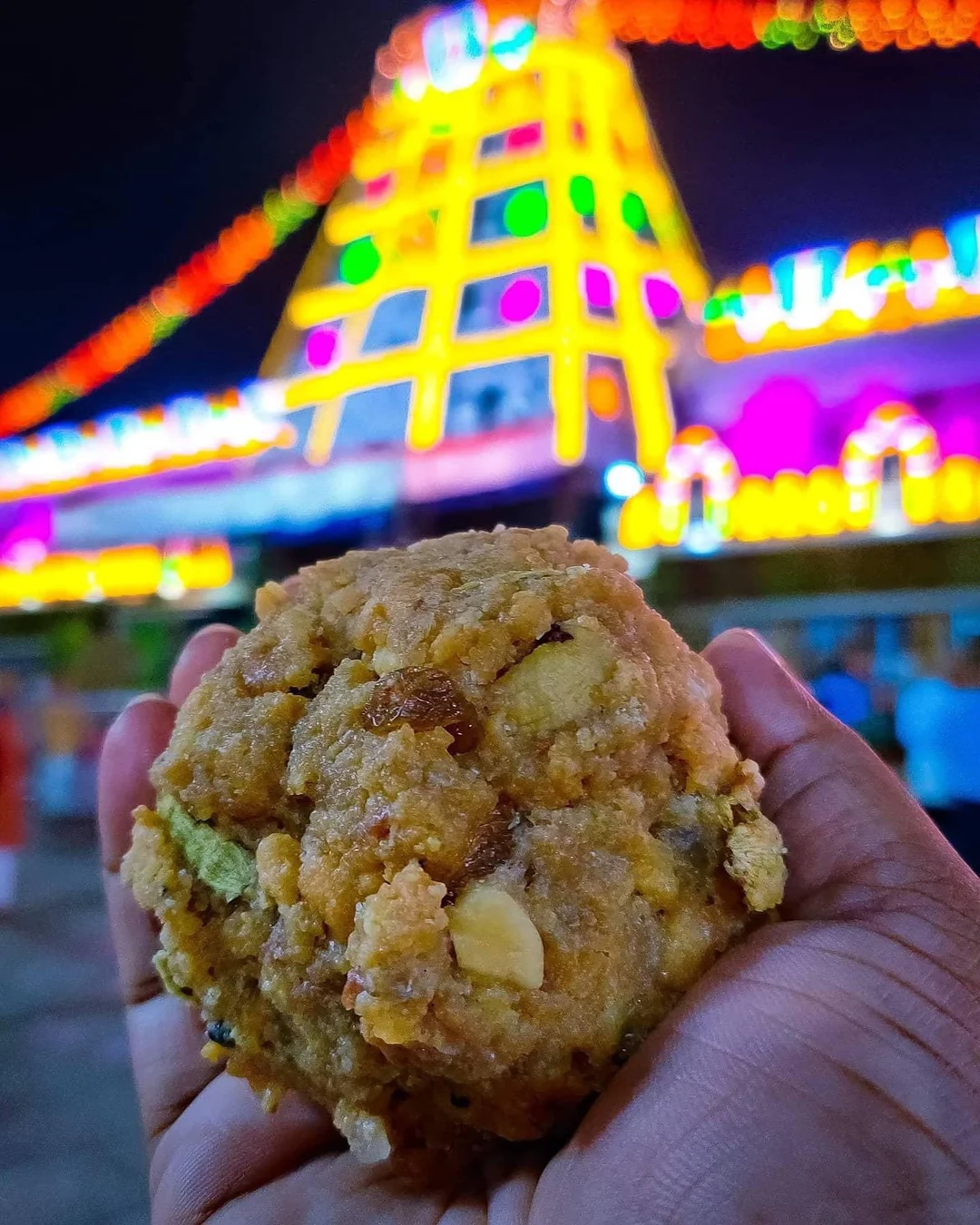Payoshi Bisht, Pune
The controversy about animal fat allegedly being used in ghee at the famed Sri Venkateswara Swamy Temple, Tirupati, Andhra Pradesh escalated, causing the Karnataka government to move quickly. On Friday, it advised all the 34,000 temples under the state’s temple management body to use Nandini ghee, manufactured by the Karnataka Milk Federation (KMF). This action is intended to safeguard the jerkins and vases in which ghee is offered during worship or used during puja or abhishekam.
The government’s statement further encourages all temples that fall under the ambit of the Religious Endowment Department to, “use Nandini ghee for illumination of lamps, formation of prasada and in the Dasoha Bhavans serving meals to the devotees, which is served free.”
The directive explained that the Government of Karnataka has ordered all the temples and religious institutions which fall under its purview to only use natural ghee or Nandini ghee as it is reliable and tested. It also laid emphasis on the fact that the quality of the prasada or the religious offerings should not be compromised and be maintained under all circumstances.
This particular development stems from a wider controversy brought about earlier this week when animal fat was reported to have been used for the preparation of ghee that is used for laddu in the tirupati temple. Andhra Pradesh Chief Minister N Chandrababu Naidu expressed concern after reports indicated sheep fat had been found in the ghee supplied to the temple. The Kitchen is one of the most important departments for the temple as it takes around 3 lakh laddoos in a day and consumes around 15,000 kg of ghee, along with ingredients like nuts, raisins and cardamom.
Most of the ghee was reportedly acquired in the Smith district of Dindigul, Tamilnadu. As the controversy grew, opposition leader Jagan Mohan Reddy was criticized for non-adherence to quality standards while using ghee during his reign as the Chief Minister. Reddy denied the charges and said they were politically motivated by the ruling party, the Telugu Desam Party (TDP). The issue even reached the Supreme Court as a petition filed there claimed that the way animal fat was being used in temple food breached the fundamental right to freedom of religion and its manifestation as provided in Article 25 of the Indian Constitution.
As such the Health Ministry sought a complete report while Justice was assured by Union Food Minister Pralhad Joshi that appropriate action would be taken against anyone responsible for wrongdoing.
